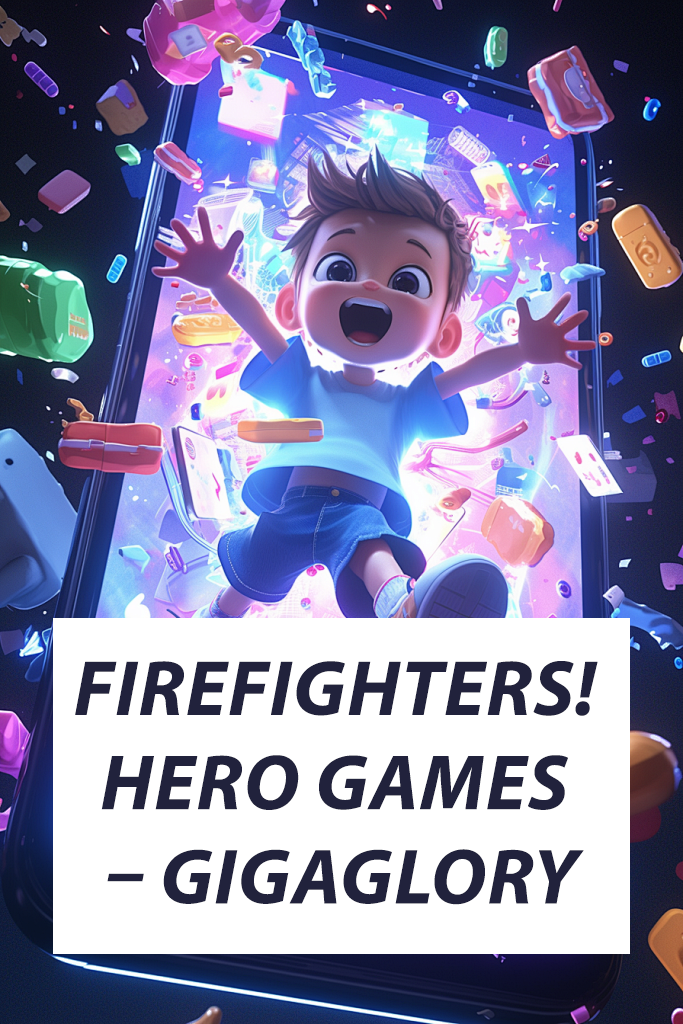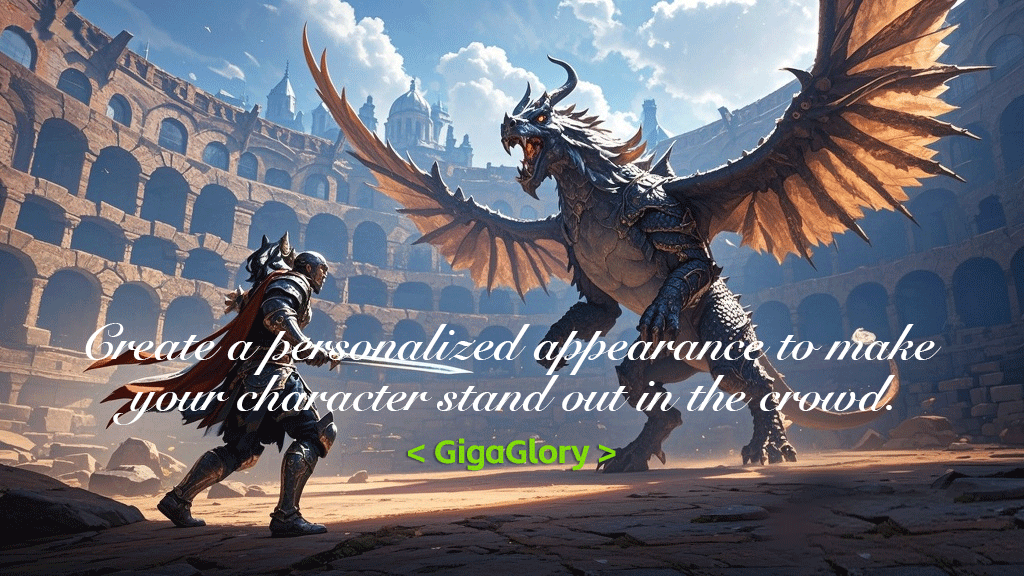Unlocking Creativity: How Puzzle Games Enhance Resource Management Skills
Puzzle games have etched their place as a beloved genre among gamers and educators alike. But what is it about these games that not only entertains but also enriches our cognitive abilities? This article delves into how puzzle games, particularly in the realm of resource management games, play a crucial role in enhancing our ability to think strategically and manage resources effectively.
The Cognitive Benefits of Puzzle Games
Puzzle games challenge players to solve problems through logic and critical thinking. These games require a blend of creativity and analytical prowess, offering a unique platform to enhance various cognitive skills. From improving memory to honing spatial awareness, the effects are profound.
Understanding Resource Management Games
Resource management games are a sub-genre of strategy games that put players in charge of managing limited resources while achieving specific goals. This involves making decisions that can affect the overall outcome of the game. Here’s how these games help develop essential skills:
- Strategic Thinking: Players must plan ahead and consider various outcomes based on their choices.
- Time Management: Often, resource management games operate on a ticking clock, forcing players to prioritize tasks efficiently.
- Problem Solving: These games present constant challenges that require creative solutions.
Popular Puzzle Games That Enhance Resource Skills
Here’s a list of popular puzzle games that double as resource management tools:
- Project Zomboid
- Banished
- SimCity Series
- Oxygen Not Included
- The Settlers Series
The Mechanics of Resource Allocation
In games where resource management is key, players are often faced with the dilemma of how best to allocate resources. This requires mathematical reasoning and a good understanding of the game's economy. Whether it’s managing food supplies in a survival game or ensuring sufficient transportation in a city builder, the act of allocation translates well into real-world skills.
The Role of EA Sports FC Beta in Gaming Trends
The EA Sports FC Beta has brought on a wave of new players interested in various gaming mechanics, including resource management. While not strictly a puzzle game, its influence on popular gaming trends cannot be understated. The game encourages gamers to think on their feet, adapting quickly in dynamic situations, a trait shared with puzzle gaming.
Demographics and Audience Engagement
Knowing who plays these games is key to understanding their educational potential. Generally, puzzle games attract a diverse demographic ranging from children to adults. Targeting educational institutions has opened conversations about incorporating these games into curriculums, especially for improving problem-solving skills.
Benefits Beyond the Screen: Real-Life Applications
The skills gained from playing puzzle and resource management games extend beyond gaming. Players often find themselves better equipped to handle challenges in daily life, such as budgeting or strategic planning. The following table summarizes key skills acquired:
| Skill | Game Mechanic | Real-World Application |
|---|---|---|
| Critical Thinking | Solving puzzles | Analyzing situations for effective decisions |
| Time Management | Resource allocation | Managing personal or work tasks under deadlines |
| Strategy Development | Long-term planning | Setting and achieving personal goals |
Bridging Digital and Traditional Learning
Educational institutions are exploring how puzzle and resource management games can bridge digital and traditional learning. Utilizing these games in classroom settings provides students with interactive experiences, allowing them to apply theoretical knowledge practically. Educators are slowly realizing the potential of these games as learning tools.
The Future of Puzzle Games in Education
As gaming continues to evolve, the integration of puzzle games in educational contexts seems promising. Game designers are beginning to focus more on creating games that serve dual purposes—entertaining while educating. This trend is expected to grow, as students become more engaged with interactive forms of learning.
Challenges Facing Puzzle Games as Educational Tools
While the benefits are significant, challenges remain in implementing these games in educational environments. Concerns over screen time, game addiction, and balancing game mechanics with curricular goals are ongoing discussions. However, addressing these challenges could lead to more effective use of games to enhance learning outcomes.
Final Thoughts on Puzzle Games and Resource Management Skills
In summary, puzzle games are much more than a popular pastime; they are powerful tools that enhance critical resource management skills. As we witness an increasing convergence between gaming and education, it's clear that the future holds great potential for leveraging these tools in effective learning environments. For anyone involved in education or personal development, embracing the capacity of puzzle games can be a transformative experience.
Conclusion
Puzzle games, especially those involving resource management, open new avenues for creative thinking and strategic planning. With the right integration into educational paradigms, these games can cultivate essential skills that ripple into daily life, proving that fun and learning can blend seamlessly. So next time you enjoy a round of your favorite puzzle game, remember: you're not just playing—you're learning too!



